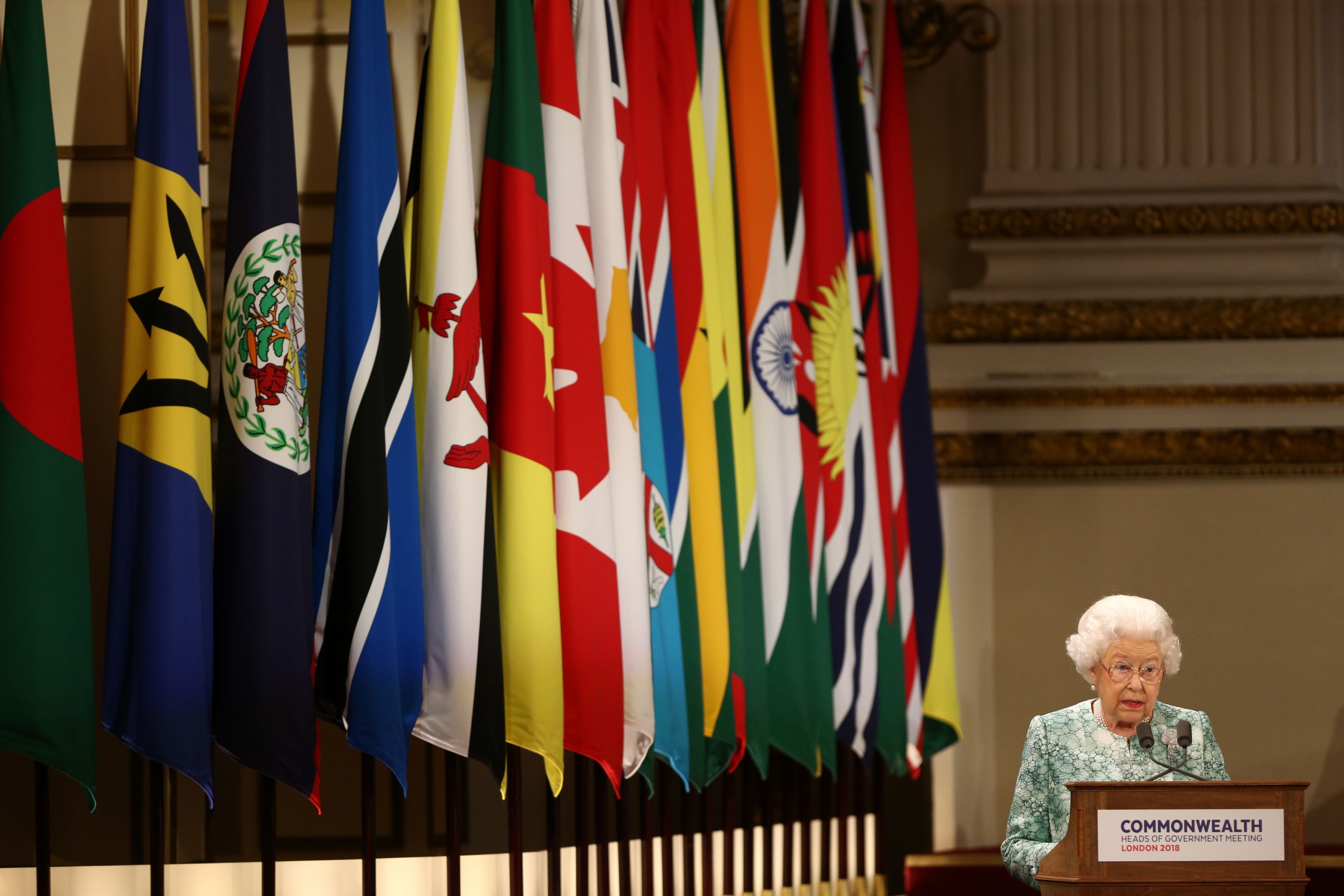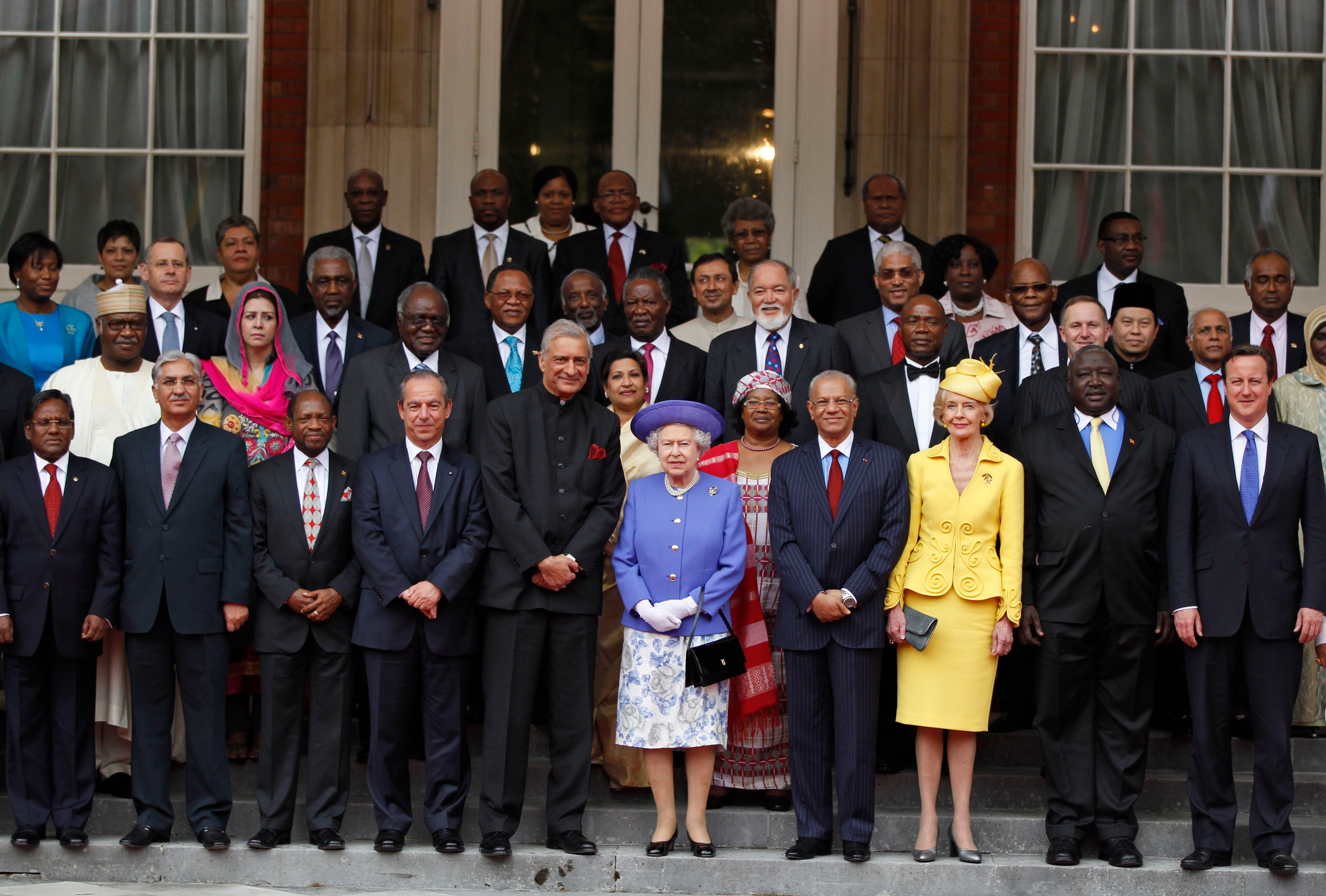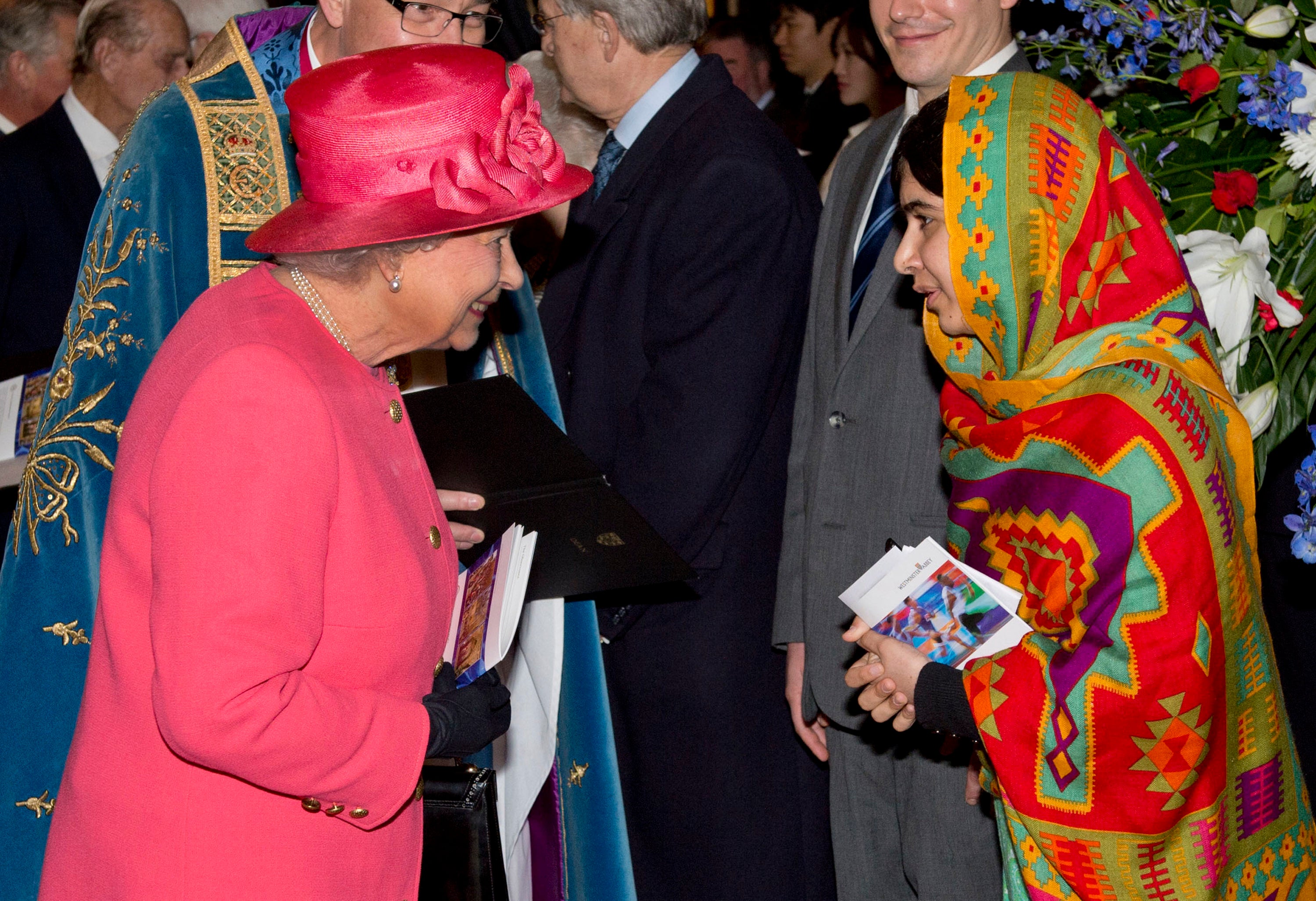What is the Commonwealth and which countries are members?
Everything you need to know about the Commonwealth, its history and members

The Duke and Duchess of Cambridge were joined by Prince Charles, the Duchess of Cornwall, and prime minister Boris Johnson on Monday to mark the annual Commonwealth Day service at Westminster Abbey.
Hundreds of dignitaries and schoolchildren were also present for the important event in the royal calendar.
Palace officials revealed that the Queen had asked Prince Charles to represent her at the service, as she has been experiencing mobility issues and has recently recovered from coronavirus.
In an official statement, however, she wrote that she hoped the Commonwealth “remains an influential force for good in our world for many generations to come”.
She said: “In these testing times, it is my hope that you can draw strength and inspiration from what we share, as we work together towards a healthy, sustainable and prosperous future for all”, adding that the “family of nations” was a place to “pursue common goals and the common good”.
But what is the Commonwealth and which countries are members? Here’s everything you need to know.
What is the Commonwealth?

Also known as the Commonwealth of Nations, the Commonwealth is a political association of 54 member states, almost all of which are former territories of the British Empire.
Historically, the collective included all former British colonies, but with increased independence among nations, it has evolved into a voluntary alliance of countries with a shared history who work together for “prosperity, democracy and peace”.
How and when was the Commonwealth formed?
The Commonwealth name dates back to 1884, when the British Empire was first described as the “Commonwealth of Nations” by British liberal politician Lord Roseberry in Adelaide, Australia during a famous speech.
At this stage, the British Empire covered around a fifth of the world’s land surface and the Commonwealth was a way for Britain to retain some of this power.
Canada was one of the first countries to seek independence, largely for trade and defence reasons.
Britain agreed to make Canada a dominion - a semi-autonomous country that self-governed - but remained in the Commonwealth with the British monarch as Head of State, with the power to veto laws and deals.
Australia, New Zealand and South Africa followed suit.
Following World War I, more countries who had fought for Britain also sought independence, leading to all countries beginning to act as equal members in 1926, while still swearing allegiance to the Crown.
India chose to break away from colonial rule, however, only to later rejoin the Commonwealth after gaining independence in 1947.
Today, the Commonwealth is home to one-third of the world's population and includes both advanced economies and “developing countries”.
Membership is based on “free and voluntary cooperation”, with only 16 nations recognising the monarch at their head.
Which countries make up the Commonwealth?

Antigua and Barbuda
Australia
The Bahamas
Bangladesh
Barbados
Belize
Botswana
Brunei
Cameroon
Canada
Cyprus
Dominica
Eswatini
Fiji
The Gambia
Ghana
Grenada
Guyana
India
Jamaica
Kenya
Kiribati
Lesotho
Malawi
Malaysia
Maldives
Malta
Mauritius
Mozambique
Namibia
Nauru
New Zealand
Nigeria
Pakistan
Papua New Guinea
Rwanda
Saint Kitts and Nevis
Saint Lucia
Saint Vincent and the Grenadines
Samoa
Seychelles
Sierra Leone
Singapore
Solomon Islands
South Africa
Sri Lanka
Tanzania
Tonga
Trinidad and Tobago
Tuvalu
Uganda
United Kingdom
Venezuela
Zambia
Join our commenting forum
Join thought-provoking conversations, follow other Independent readers and see their replies
Comments
Bookmark popover
Removed from bookmarks